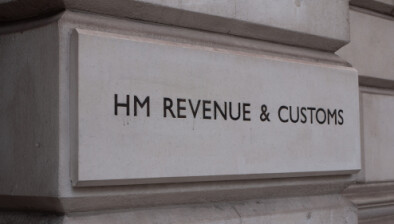Furlough scheme fraud and error could cost £3.5bn, says HMRC
HM Revenue & Customs may have paid out up to £3.5 billion in furlough money on fraudulent or mistaken claims, it was revealed on Monday.

Jim Harra, the head of HMRC, told MPs that between 5 and 10% of the funds distributed through the coronavirus job retention scheme was likely to have been because of error or fraud.
Since the scheme launched in April, the scheme has paid out £35bn and been used by 1.2m employers across the UK saving 9.6m jobs as employers could furlough employees rather than laying off those who businesses did not have work for.
Addressing the Commons public accounts committee, Mr Harra said HMRC’s focus would be on tackling abuse and the resulting fraudulent payments issues.
He said: “We are not going to set out to try and fine employers who have made legitimate mistakes in compiling their claims because this was obviously something new that everyone had to get to grips with in a very difficult time.”
Last month, Scottish Financial News reported that the tax authority would contact 3,000 companies across the UK every week over concerns that they have over-claimed for employees furloughed through the Coronavirus Job Retention Scheme (CJRS).
At the time, HMRC said it hoped firms which have over-claimed furlough payments will come forward to discuss the error, however, it said it would begin contacting certain businesses immediately.
Mr Harra also revealed that HMRC’s hotline for reporting furlough fraud had received 8,000 calls so far. In total, the tax authority was investigating 27,000 “high-risk” claims.
Richard Holden, MP for North West Durham, asked Mr Harra what was being done about employers who failed to pay money to their employees — saying several of his constituents had been furloughed but not received the government money.
Mr Harra said employers who did not pass on grants to their employees would not be entitled to the money and HMRC would be able to claim back the funds. Due to the unprecedented nature of the initiative, HMRC had used “best available comparisons” from other grants and benefits systems, such as tax credits, to estimate how much money had been wrongly paid.
However, the HMRC has stressed that the lack of directly comparable data meant the estimate of how much money had been paid out “needs to be heavily caveated and qualified”, The Financial Times reports.
HMRC said it will not seek out “innocent errors and small mistakes for compliance action”. However, the body said it will take action against firms who “deliberately set out to defraud the system or claim money they aren’t entitled to”.





